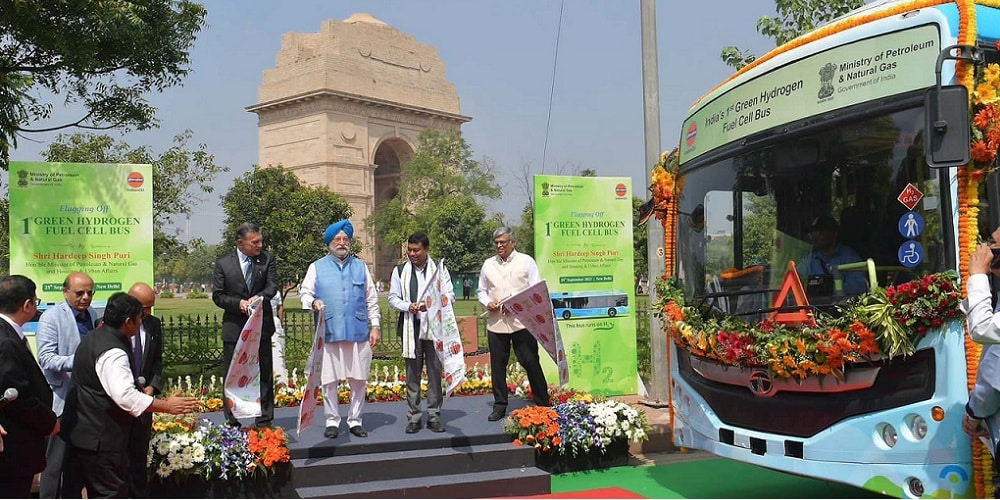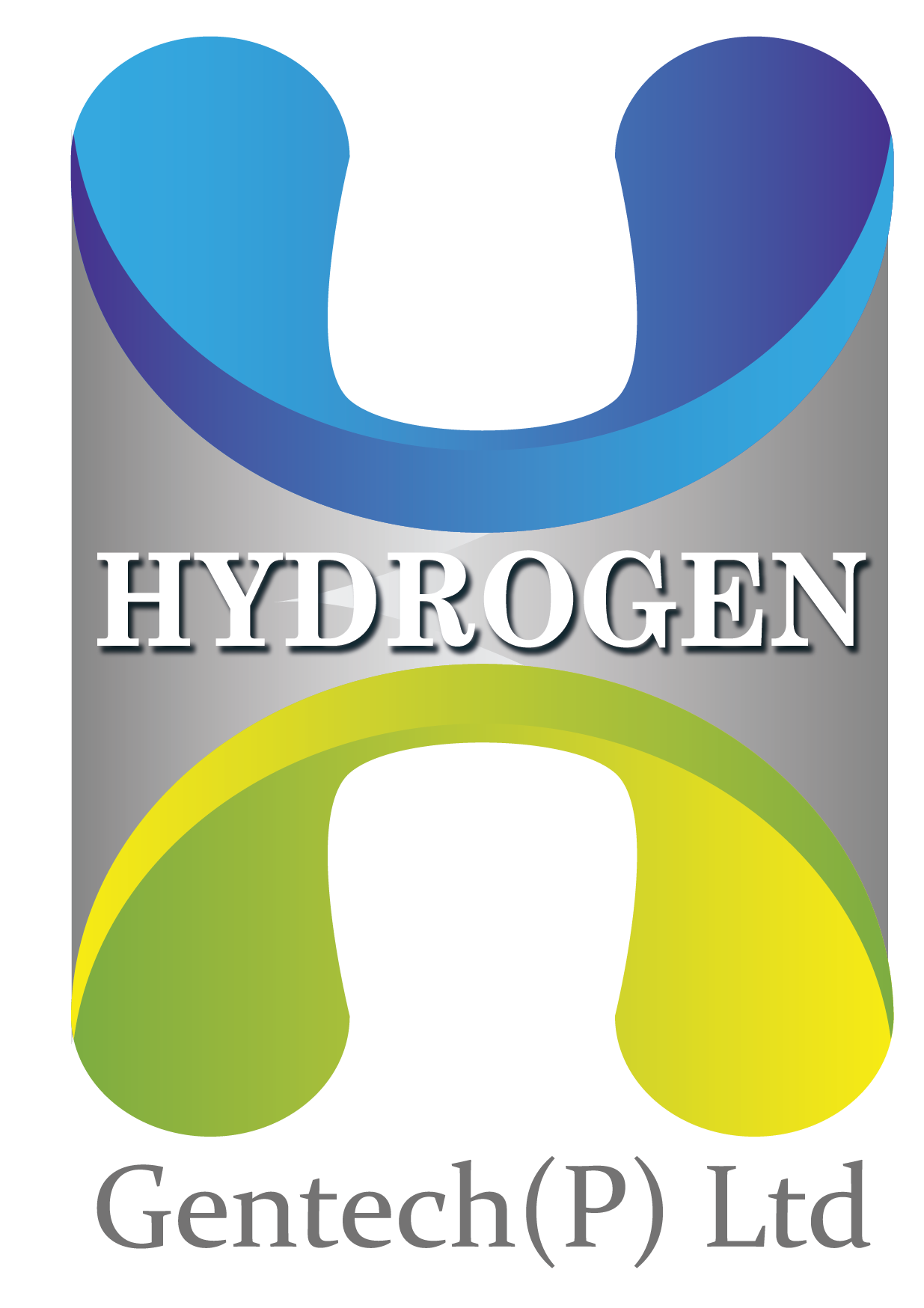
Introduction
The transportation sector is undergoing a significant transformation as the world seeks sustainable and environmentally friendly alternatives. In line with this objective, India is set to make history with the inauguration of its first green hydrogen fuel cell bus at Kartavya Path, Delhi. This revolutionary step towards sustainable transportation is expected to pave the way for low-carbon and self-reliant economic development in the country. By harnessing the abundant domestic renewable energy resources, India aims to create a future of zero-emission mobility powered by green hydrogen.
The Significance of Green Hydrogen
Green hydrogen, produced using renewable energy sources, offers a promising solution to tackle the challenges of climate change and air pollution. It is generated through the process of electrolysis, where water is split into hydrogen and oxygen using electricity from renewable sources such as solar and wind. Unlike conventional hydrogen production methods that rely on fossil fuels, green hydrogen is clean and does not contribute to greenhouse gas emissions. This makes it an ideal fuel for various applications, including transportation.
Fuel Cell Technology: The Key to E-Mobility Solutions
Fuel cell technology, which utilizes hydrogen as fuel, is gaining recognition as a vital component of e-mobility solutions. Fuel cells facilitate an electrochemical reaction between hydrogen and oxygen, producing water and releasing electrical energy. When compared to battery-driven vehicles, fuel cells offer several advantages, including higher efficiency, longer range, and faster refueling time. As India aims to transition towards a greener future, the adoption of fuel cell technology in the transportation sector holds immense potential.
IndianOil’s Pioneering Initiative
IndianOil, a leading energy company in India, has taken the lead in promoting the use of green hydrogen in the transportation sector. The company has spearheaded a program to test 15 fuel cell buses fueled by green hydrogen across designated routes in Delhi, Haryana, and Uttar Pradesh. This initiative aims to evaluate the long-term viability and resilience of green hydrogen-based zero-emission mobility. IndianOil has set up a cutting-edge refueling facility at their R&D center in Faridabad, equipped with solar PV panels to power the electrolysis process and generate green hydrogen.
Inauguration of India’s First Green Hydrogen Bus
On September 25, 2023, Union Minister of Petroleum & Natural Gas and Housing and Urban Affairs, Hardeep Singh Puri, will inaugurate India’s first green hydrogen fuel cell bus at Kartavya Path, Delhi. This milestone event marks a significant leap towards sustainable transportation in the country. The bus, powered by green hydrogen, will embark on its journey from India Gate, symbolizing a new era of eco-friendly mobility. This symbolic launch serves as a testament to India’s commitment to reducing its carbon footprint and embracing clean energy alternatives.
Extensive Road Testing and Evaluation
Following the inauguration, an extensive road test covering over 300,000 kilometers will be conducted to assess the performance and reliability of the green hydrogen bus. This comprehensive trial will provide valuable insights into the feasibility of green hydrogen-based transportation and its potential for widespread adoption. The data collected during this period will help shape India’s future strategies for zero-emission mobility and contribute to the development of a sustainable transportation ecosystem.
Green Hydrogen’s Versatile Applications
Green hydrogen has the potential to revolutionize various sectors beyond transportation. Its versatility makes it suitable for a wide range of applications, including fueling industrial processes such as petroleum refining, steel production, and fertilizer manufacturing. By replacing traditional fossil fuel-based processes with green hydrogen, India can significantly reduce its carbon emissions and contribute to a cleaner and greener future. The use of green hydrogen in critical sectors will not only mitigate the environmental impact but also enhance energy security and promote self-reliance.
Collaborative Efforts for a Sustainable Future
The successful implementation of green hydrogen-based transportation requires collaboration among various stakeholders. Government agencies, energy companies, and research institutions must work together to develop the necessary infrastructure, standards, and regulations to support the widespread adoption of green hydrogen. Additionally, public awareness and education campaigns can play a crucial role in promoting the benefits of green hydrogen and encouraging its acceptance among consumers. By fostering a collaborative ecosystem, India can accelerate its transition towards a sustainable and resilient future.
Conclusion
India’s first green hydrogen bus marks a significant milestone in the country’s journey towards sustainable transportation. By harnessing the power of green hydrogen, India aims to reduce its reliance on fossil fuels, mitigate climate change, and create a cleaner and greener future. The successful implementation of green hydrogen-based transportation will not only revolutionize the mobility sector but also contribute to the overall economic development and energy security of the country. With continued efforts and collaboration, India has the potential to become a global leader in green hydrogen technology and pave the way for a sustainable future.

